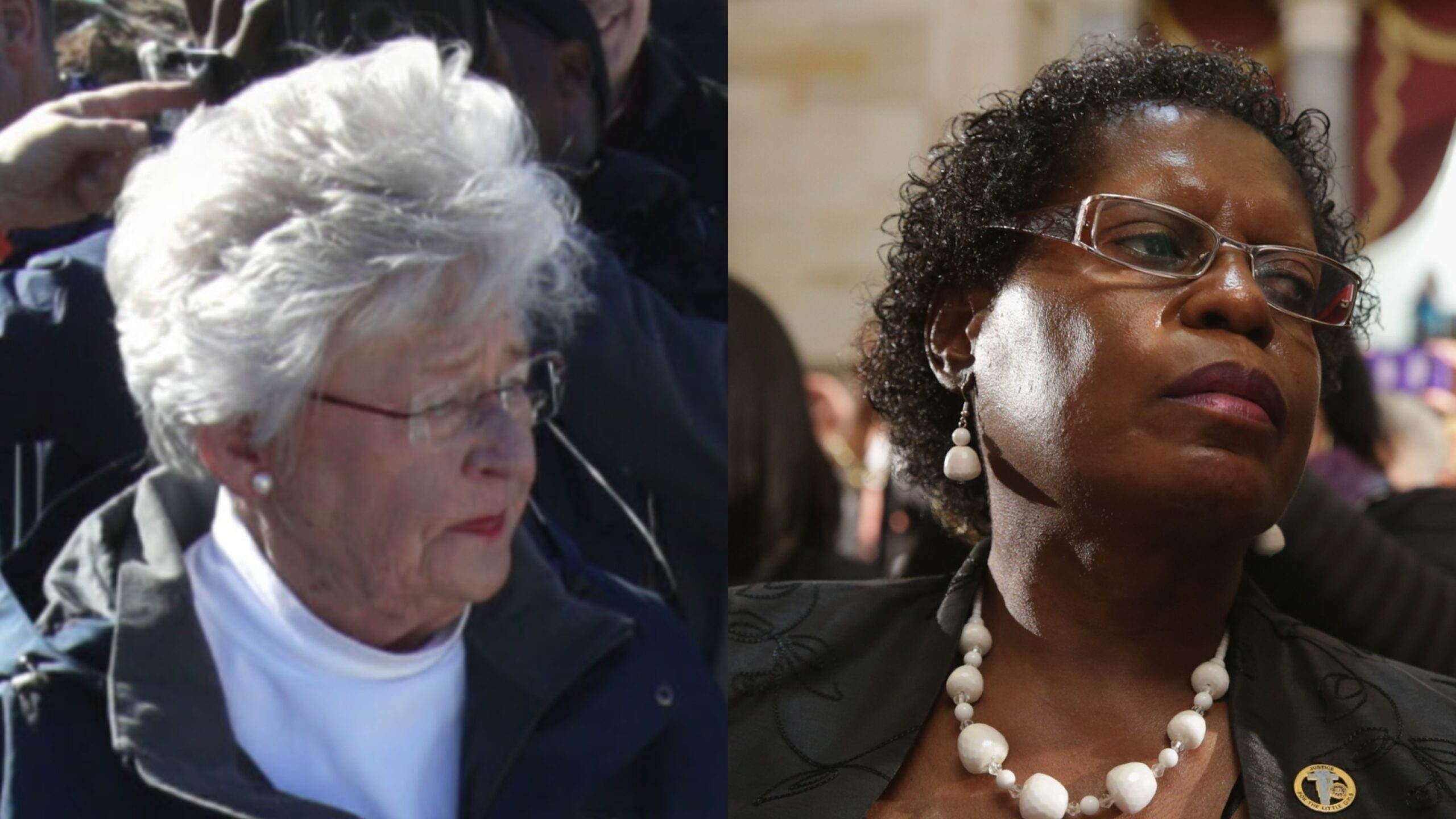Alabama governor apologizes to Sarah Collins Rudolph, ‘fifth girl’ in 1963 bombing
Sarah Collins Rudolph's lawyers noted in a letter to Gov. Kay Ivey that now is the right time for 'long overdue justice.'
Kay Ivey, the governor of Alabama, has written a letter of apology to Sarah Collins Rudolph, the woman known as the “fifth girl” from the racist bombing of the 16th Street Baptist Church bombing in Birmingham in 1963.
Collins Rudolph was 12 years old when a bomb blast ripped through the basement of the historic church, killing her sister, Addie Mae, and her three friends, Cynthia Wesley, Carole Robertson and Carole Denice McNair.
Collins Rudolph lost an eye in the bombing, and she was hospitalized for months. She says that medical bills and the trauma of that event have plagued her for over 57 years.

In Ivey’s letter, a response to one from Collin Rudolph’s attorneys sent to her last month, the Republican governor wrote, “There should be no question that Ms. Collins Rudolph and the families of those who perished … suffered an egregious injustice that has yielded untold pain and suffering over the ensuing decades.”
“For that, they most certainly deserve a sincere, heartfelt apology — an apology that I extend today without hesitation or reservation,” she added.
Read More: White Michigan man seeks forgiveness in attack on Black family’s home
Collins Rudolph has long sought financial restitution for the decades of physical and emotional suffering she endured, asserting through her attorneys that the Ku Klux Klan bombing was directly incited by Alabama’s state leaders, specifically then-Governor George Wallace.
Her attorneys noted in their Sept. 14 letter to Ivey that in 2020, amid nationwide demands for racial equality, now is the right time for “long overdue justice.”
However, Ivey has not committed to providing compensation to Collins Rudolph or the families of the other girls. She, like previous governors, has questions about the culpability of the state in the attack on the church.
Read More: California to develop plan for reparations for Black Americans
“Having said that, there should be no question that the racist, segregationist rhetoric used by some of our leaders during that time was wrong,” she wrote, “and would be utterly unacceptable in today’s Alabama.”
Collins Rudolph has been invited to meet with Ivey and members of the state legislature to begin discussions on race and to discuss her demands.
She has largely worked as a house cleaner and factory worker for most of her life, and neither job provided health insurance.
Read More: Cuomo calls out Ted Cruz for Trump support: ‘The one who called your wife ugly’
Ive contends that she hopes her meeting with Collins Rudolph will help “foster fruitful conversations about the all-too-difficult — and sometimes painful — topic of race, a conversation occurring not only in Alabama but throughout America.”
Three Klansmen were ultimately convicted of the 1963 church bombing. Robert Chambliss was sentenced to life in prison in 1977 after the state reopened the case seven years prior, and in 1995, an FBI probe led to the convictions of Thomas Blanton in 2001 and Frank Bobby Cherry a year later.
Another Klansman, Herman Cash, who died in 1994, was a suspect but never charged.
Have you subscribed to theGrio’s “Dear Culture” podcast? Download our newest episodes now!
More About:News






